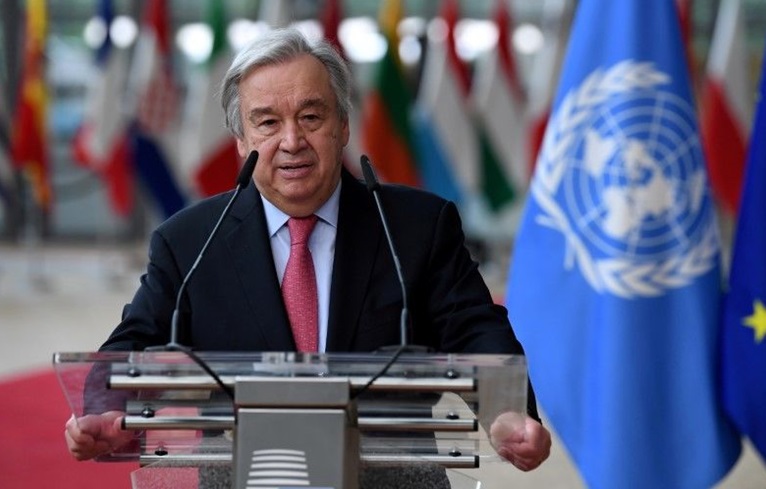The second Doha meeting focused on Afghanistan and the political crisis that is going on there, was held after a lot of arguments and controversial margins that were about the participants and the agenda that was supposed to be discussed, finished without bringing any tangible results.
What can be concluded from the discussions held in Doha and the statements of UN Secretary General Antonio Guterres is that the Afghan crisis has countless complications that even the UN cannot overcome simply and in short term, and find a reasonable and acceptable solution for all interested parties.
It was said that the discussion on how to appoint the United Nations Special Representative for Afghanistan, which is one of the important issued of the Security Council Resolution No. 2721, would be at the top of the agenda of this meeting, and that the participants would reach a final decision on this matter by proposing serious discussions, but it was seen that no progress was made in this regard and even the positions of participating countries did not get closer in this regard so that one could hope for the future meetings and the results that may be obtained from it.
The consequences that one can imagine from this meeting and the position of the authorities of the participating countries, shows that there is a high level of international disagreements on Afghanistan and global polarizations on how to interact with Afghanistan and the caretaker government that is currently in power. Separately, they are trying to deal with Afghanistan through the lens of their own interests and get their desired result.
The position of Russia and Iran regarding the selection of a special representative for Afghanistan affairs and support for the caretaker government, based on the lack of need to appoint such a representative, is exactly the opposite of the view of Western countries and the United States, which are in agreement with this issue. Meanwhile, the non-participation of the Russian representative in face-to-face meeting with the people who were represented by the United Nations on behalf of the Afghan civil society with the justification that their selection was arbitrary and non-transparent and also in support of the caretaker government’s position in this regard, is an important point of disagreement between Russia and a number of countries involved in Afghanistan issue.
It seems that countries such as Russia, Iran, China, etc., in an unannounced agreement, are seeking to expand their influence in Afghanistan by expanding their official and unofficial relations and interactions with the caretaker government of Afghanistan so as to form a government in a way that is in line with their own policies. In this way, the appointment of a special representative of the United Nations, which according to them is done by the west and the United States, may advance the process in a way that does not benefit this group of countries and may ultimately lead to the expansion of American influence in Afghanistan. This is considered a potential threat and danger for the region and Afghanistan’s neighbors and makes their security circle thinner.
The political games and competitions of the power poles in the world, if continues like this, will undoubtedly add to the complexity of the situation and make the possibility of reaching an agreement more delayed. On the other hand, the non-existence of the spirit of mutual acceptance among Afghans and the tendency to monopolize power and ignore other parties among Afghan groups strengthens the belief that the formation of an all-inclusive government in which the participation of all Afghan citizens is guaranteed well, is completely disappointing, because the international disagreements over Afghanistan and the lack of feeling of “Afghanistan for all Afghans” among the Afghans are two important and decisive factors that, in collusion with each other, block the way for a stable and powerful Afghanistan to come together forever.











Read More
Even Iran’s Senior Team Couldn’t Overpower Afghanistan – The Fear Was Evident
Afghanistan National Futsal Team Starts Strong with a Decisive Victory over Tajikistan
Afghanistan National Futsal Team Faces a Tough Challenge in the “Group of Death” at the Islamic Solidarity Games